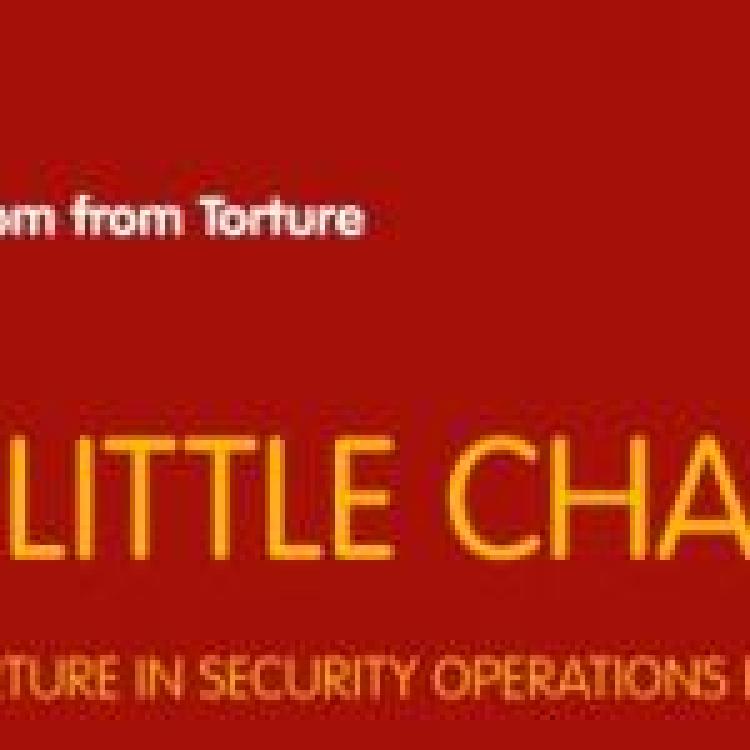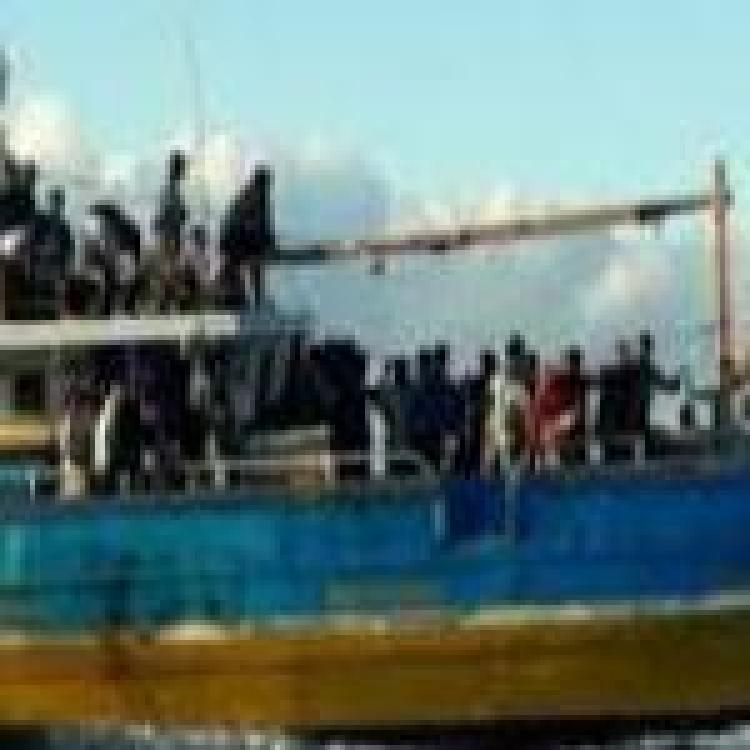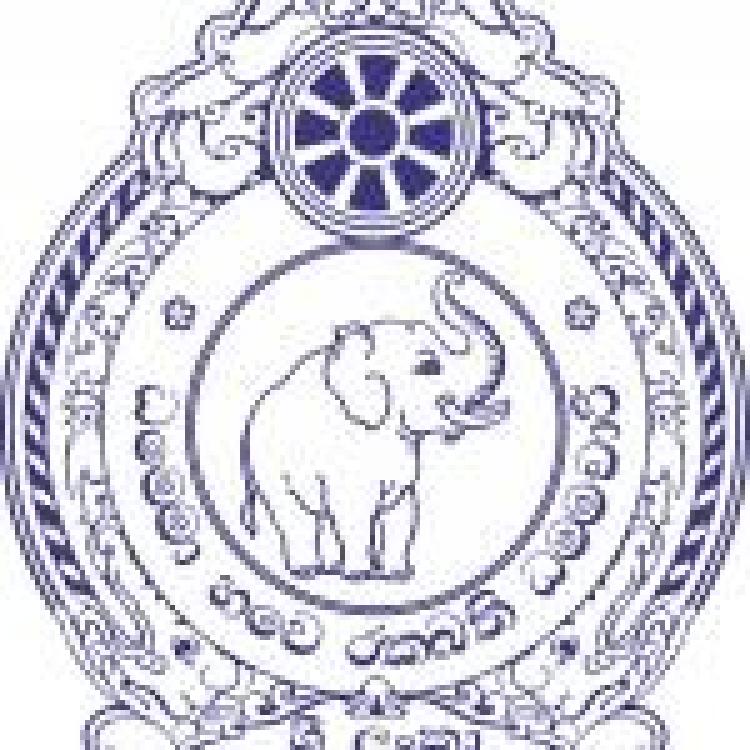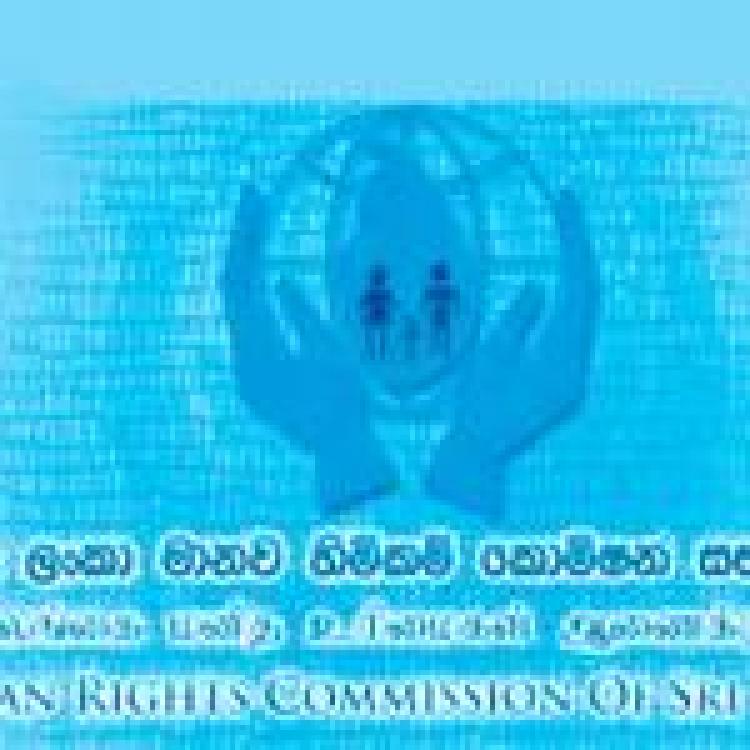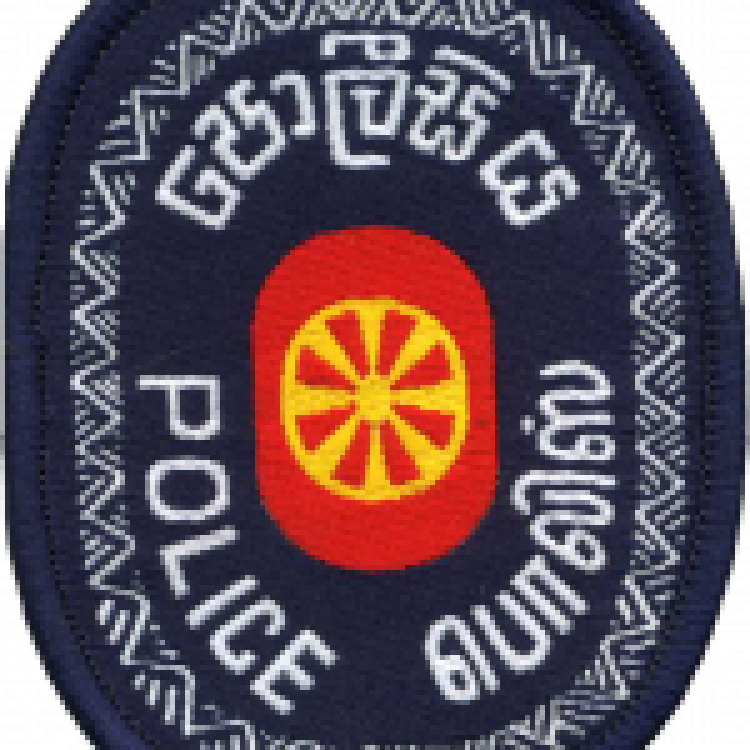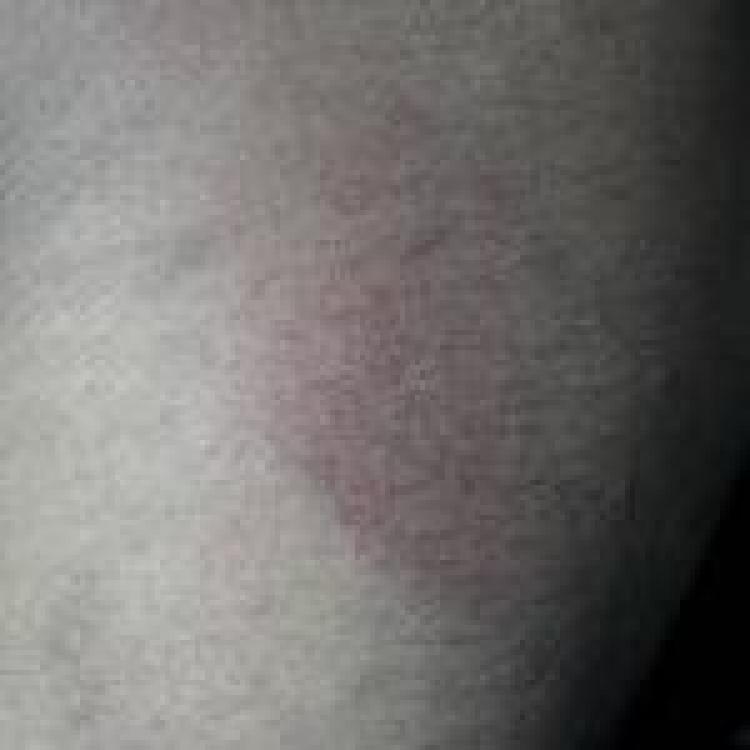![]()
In a landmark decision, the UK Supreme Court overturned a previous rejection of a Tamil asylum seeker whom, the Home Office claimed had organised his own torture.
This ruling will likely shift future legal proceedings regarding asylum cases as more weight will be given to the statement of medical professionals. This would enable a closer following of international standards as set out by the Istanbul protocol.
The 36-year-old Tamil asylum seeker, referred to as KV, provided medical evidence of torture by the Sri Lanka authorities, however, the Home Office argued that he had self-inflicted the wounds by proxy.
A spokesperson for the Home Office has declined to respond to these events stating, "it would be inappropriate to comment while legal proceedings are ongoing.”
Medical professionals examining KV stated that his injuries were likely conducted by Sri Lankan authorities who branded him with a hot metal rod on his back arms. The evidence presented illustrates five scars on his back and two on his right arm which appear to have been the result of a hot metal rod. The court of appeal judges initially accepted the claim made by the Home Office and lower courts that these injuries were “self-inflicted by proxy” despite the assessment of a medical expert.
Speaking to Channel 4, KV stated that "they [Sri Lankan soldiers] put a hot iron on my right arm and because I didn’t have any energy because they didn’t give me any food or water, I just fell […] When I woke up again there was lots of pain on my body, the arms and the back and on my body […] they put petrol on me […] then they threatened that they were going to burn me”.
Lord Wilson, a dissenting voice with the court of appeals stated in favour of KV that “an individual is highly unlikely to want to suffer the continuing pain and discomfort resulting from self-inflicted harm”.
KV had peripheral affiliations with the Tamil Tigers separatist organisation. He was detained by Sri Lankan security forces from 2009 to 2011 after the end of the civil war, where he sustained these abuses.
KV’s case was supported by three organisations against the use of torture, “Freedom from Torture”, the “Helen Bamber Foundation” and “Medical Justice”.
Speaking to reporters KV said:
“I’m very happy about the ruling and hope that it will help many asylum seekers who have been tortured [...] But I feel as if I have lost my life. I was arrested and tortured 10 years ago and I have been through so much. I was studying accountancy in Sri Lanka, but have had to put everything on hold. After eight years in the UK my case has still not been decided”.

